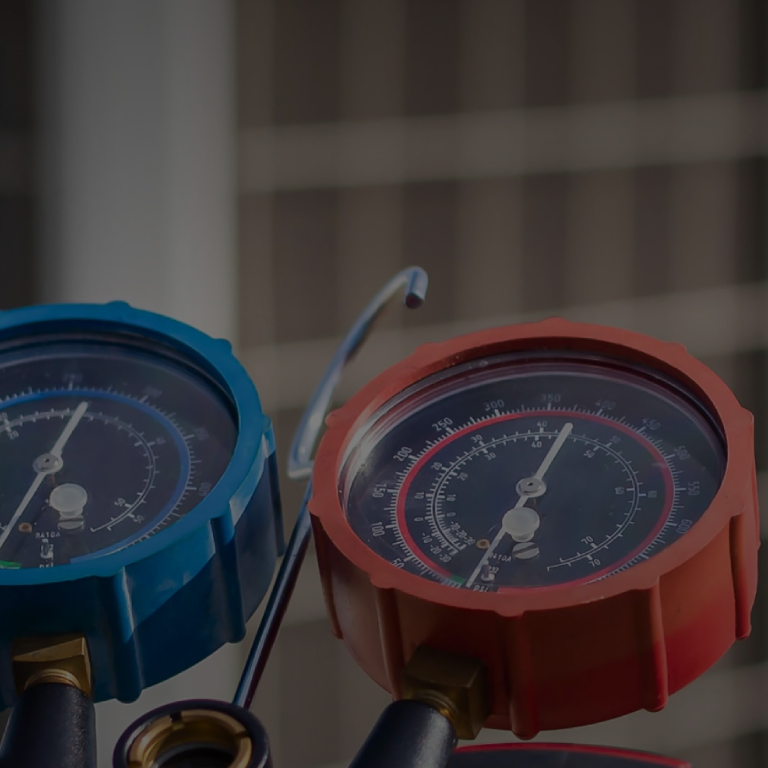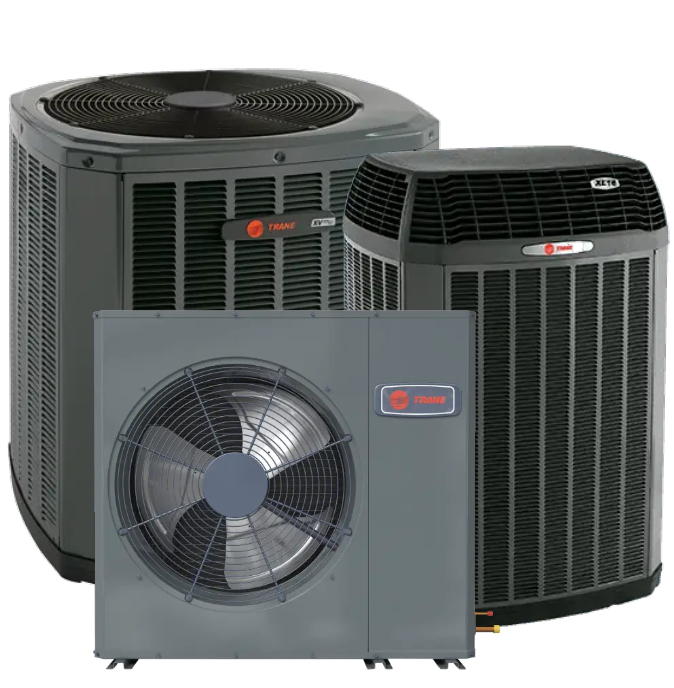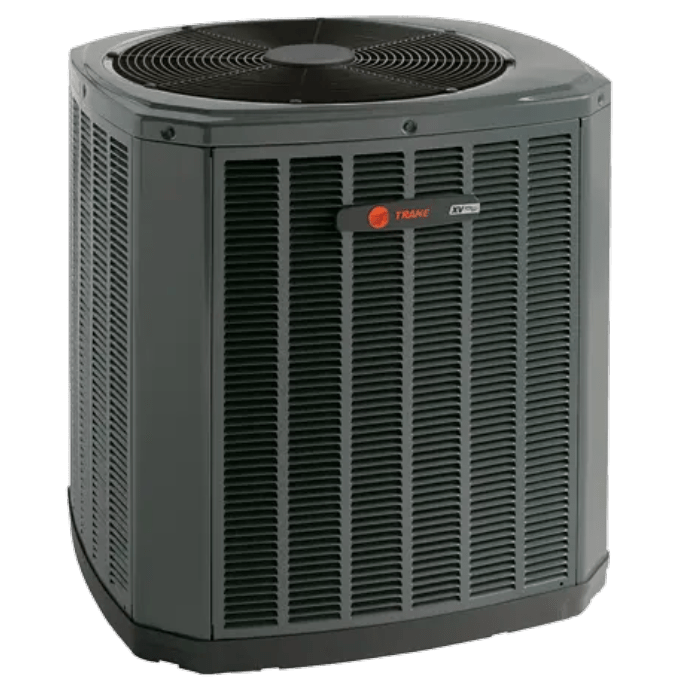Heat pumps are the latest trend in HVAC. They are a fantastic all-in-one solution for heating and cooling your home. Installed outside, they work by transferring heat, keeping your home cozy in the winter and a cool retreat in the summer.
Heat pumps are a great solution because they:
- Provide both heating and cooling for all-season comfort
- Use less energy, lowering utility costs over time
- Reduce carbon footprint with no combustion required
- Maintain consistent indoor temperature throughout your home
At The Heating Ninja, we’re experts in heat pump installation and maintenance, so you can count on us to help you make the right choice. Heat pumps are super energy-efficient, lowering energy bills and reducing carbon footprint.
Book a service
















